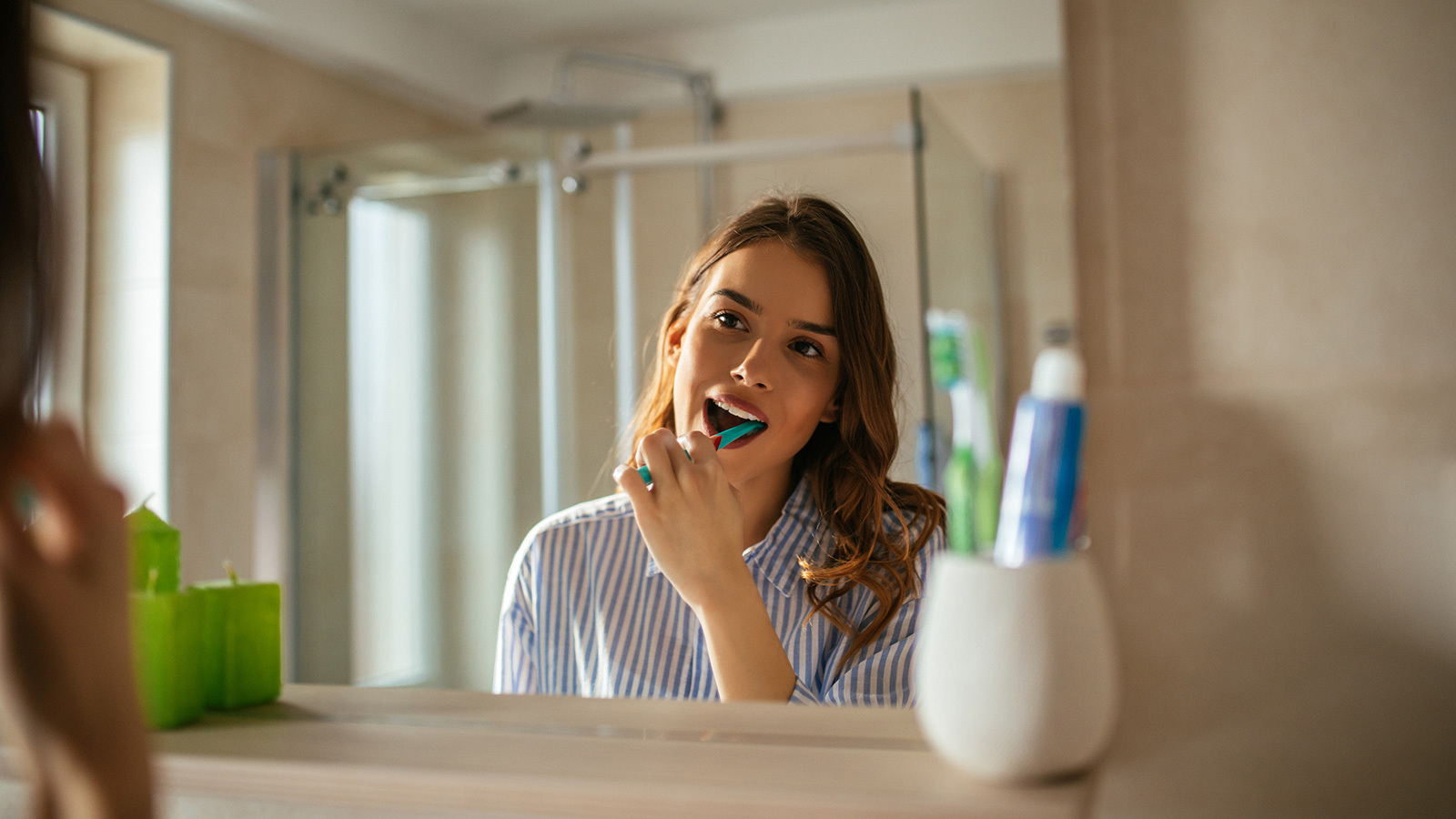When it comes to having a healthy smile, most wine drinkers are concerned with what wine does to their teeth. But a recent study on alcohol and oral health has focused attention down to a microscopic level.
The study by New York University (NYU) researchers, published April 24 in the online journal Microbiome, looked at how drinking habits can influence the oral microbiome (the abundance and types of bacteria that inhabit your mouth). The researchers employed data on 1,044 U.S. adults between the ages of 55 to 87, who are participating in two ongoing national cancer trials.
Of the participants, 614 were moderate drinkers, 160 were heavy drinkers and 270 were nondrinkers. The study used the American Dietary Guidelines definition for moderate drinkers: women who had up to one drink per day, and men who had up to two drinks per day. Women and men who had more than one and two drinks per day, respectively, were considered heavy drinkers in this study.
Participants provided mouthwash samples, along with information about their alcohol consumption from the past year (from around the time that their oral wash sample was collected), including frequency of consumption, serving sizes and types of alcohol consumed. The researchers analyzed lab tests results to determine the type and quantity of oral bacteria in each. They then graphed out the results to determine which bacteria appeared to be more or less frequent among heavy, moderate and non-drinkers.
Compared to nondrinkers, both men and women who have one or more drink per day had more harmful bacteria in their samples, including Bacteroidales, Actinomyces and Neisseria species; they appeared to possess fewer Lactobacillales, which are commonly used in probiotic food supplements to prevent sickness. Some of the so-called “bad” bacteria found at higher levels in drinkers’ mouths have previously been linked to gum disease, heart disease and some cancers.
more on winespectator.com




